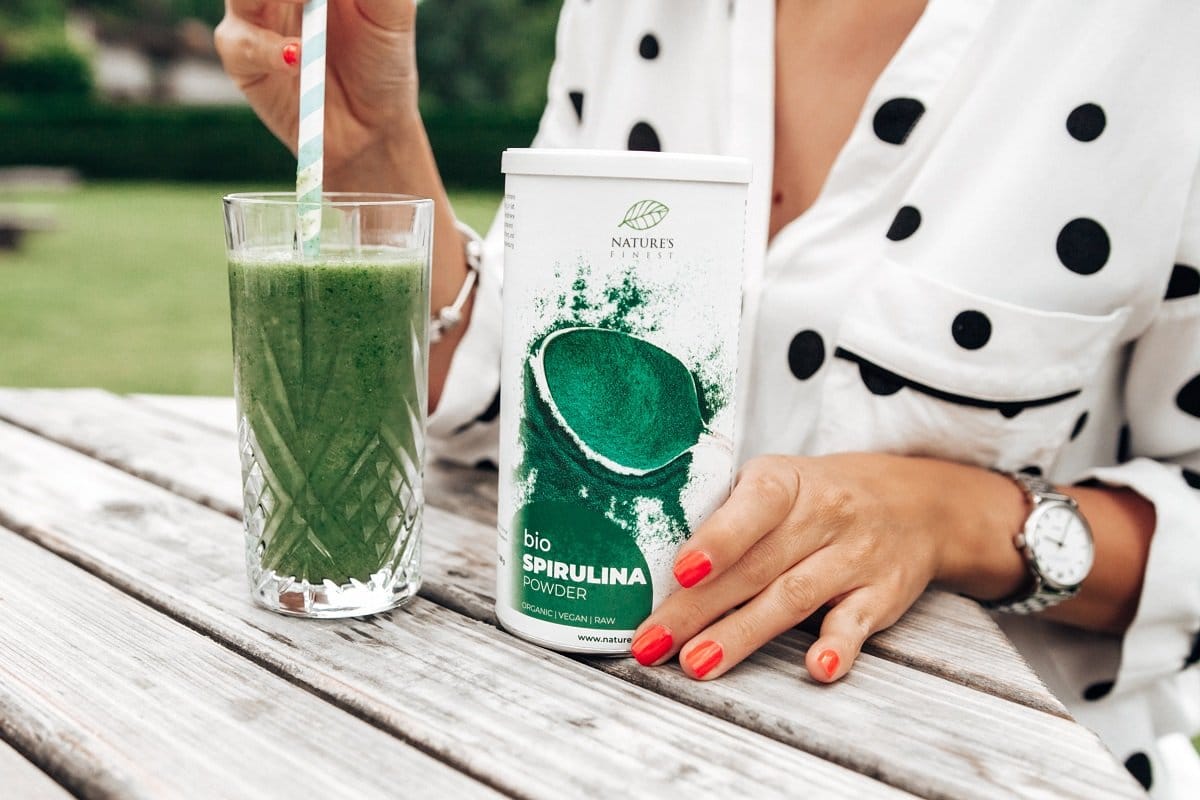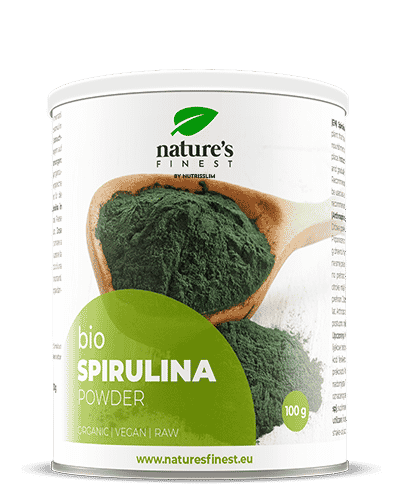Spirulina – nature’s green miracle
Spirulina algae grows in mineral-rich waters (swamps, fresh and salt stagnant waters). It can be found on all continents of the world and thrives best in warm tropical seas. This super-nutritious algae has been the subject of many nutritional health studies due to its biochemical composition and potential benefits.
The results of studies have shown that spirulina supplies the body with all the essential proteins, amino acids, vitamins and minerals. Due to its antioxidant action, it reduces the risk of cancer, lowers blood cholesterol levels and has an antiviral effect.
The history of spirulina
History reports that the spirulina was known as early as the 9th century in Chad, a continental country in Central Africa. In the 16th century, the Aztecs called it “Tecuitlatl,” meaning stone excrement. It was actually spirulina, that dried on stones. Today it is used as a dietary supplement and is available in powder, tablets and capsules.
Spirulina algae is a powerful antioxidant, including vitamins B1, B6, C and E. It helps prevent cell damage due to free radicals associated with the development of diseases such as cancer, arthritis, heart disease, cataracts and premature ageing. Robb-Nicholson, editor-in-chief of Harvard Women’s Health Watch, says “Algae spirulina has a 60 per cent protein content – more than any vegetable. Also, it is a very good source of beta carotene, iron, calcium, various minerals and essential fatty acids.”
Why should you take?
It is immune-boosting
Spirulina algae strengthens the immune system and thus effectively prevents cancer, flu, colds and many other diseases.
It is an excellent source of protein
Amino acids represent 62% of the spirulina algae. Due to its extremely rich content of protein and other nutrients, this superfood is a very popular dietary supplement. Other sources of protein, such as nuts, legumes, whole grains and meat simply do not represent such a proportion of protein.
Relieves allergy symptoms
Spirulina algae protects us from allergic reactions by stopping the release of substances that contribute to allergic symptoms such as the runny nose, watery eyes and swelling.
It has probiotic properties
Probiotics are a great supplement when taking antibiotics, for a variety of health problems, and generally to boost the immune system. Antibiotics destroy unwanted organisms in the body, but they can also destroy the “good bacteria” called probiotics. Spirulina promotes the growth of probiotics.
Antiviral
Algae spirulina protects us from various infections such as herpes, influenza, fungal infections, etc.
Protects against liver disease
Algae spirulina is supposed to protect us from liver damage and cirrhosis (liver failure).

